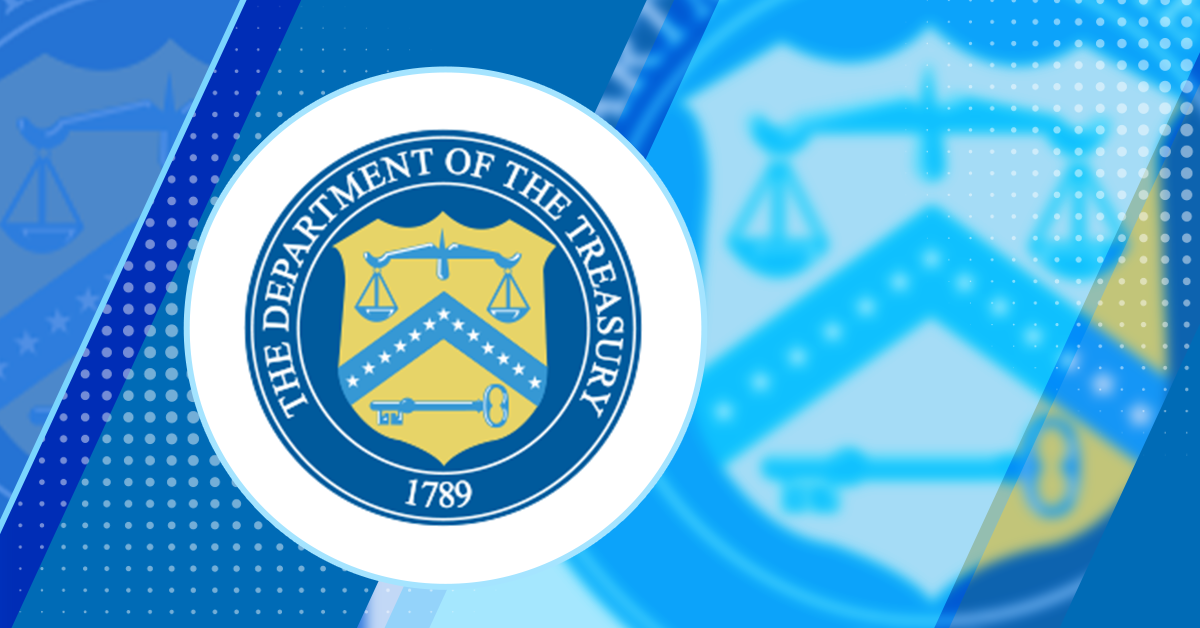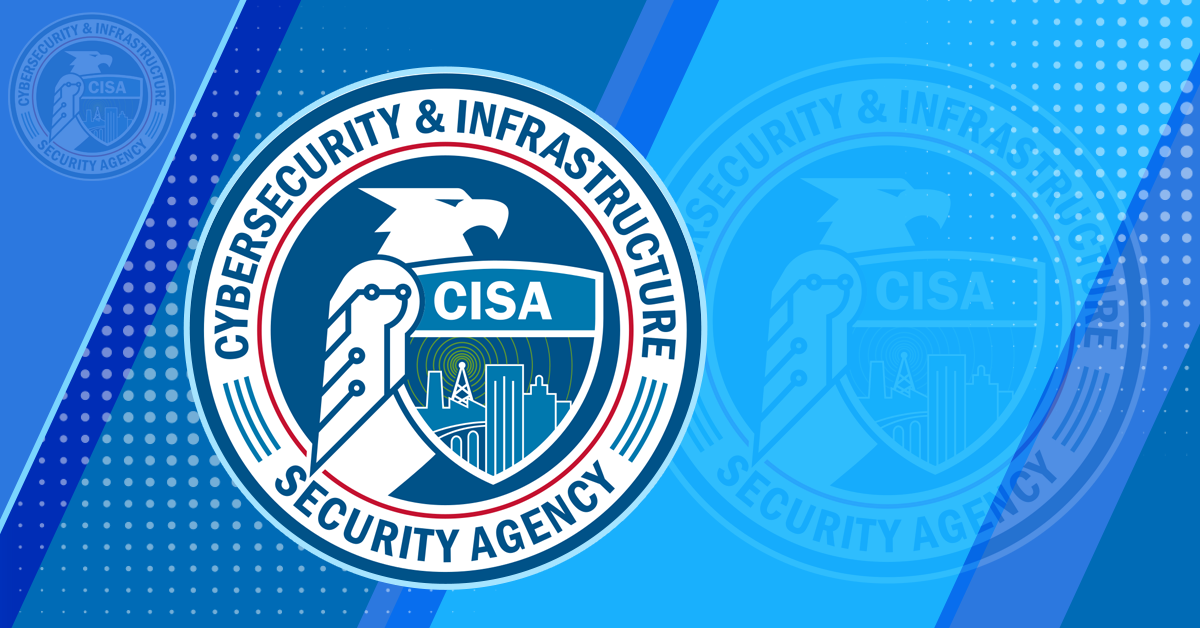The Office of Management and Budget has issued final guidance to increase the use of U.S.-made construction materials, iron, steel and other goods in federally funded infrastructure projects.
The White House said Monday the document supports the implementation of the Build America, Buy America Act provisions of the Bipartisan Infrastructure Law.
The guidance seeks to implement the statutory requirements for Buy America preferences for federal financial assistance under BIL, including preferences for U.S.-manufactured steel and iron products and construction materials.
The document also includes a definition of the term “construction materials” and local manufacturing process standards for each construction material cited in the definition.
The final guidance will take effect 60 days after publication in the Federal Register and builds on the current administration’s commitment to support U.S. jobs and the manufacturing sector.












